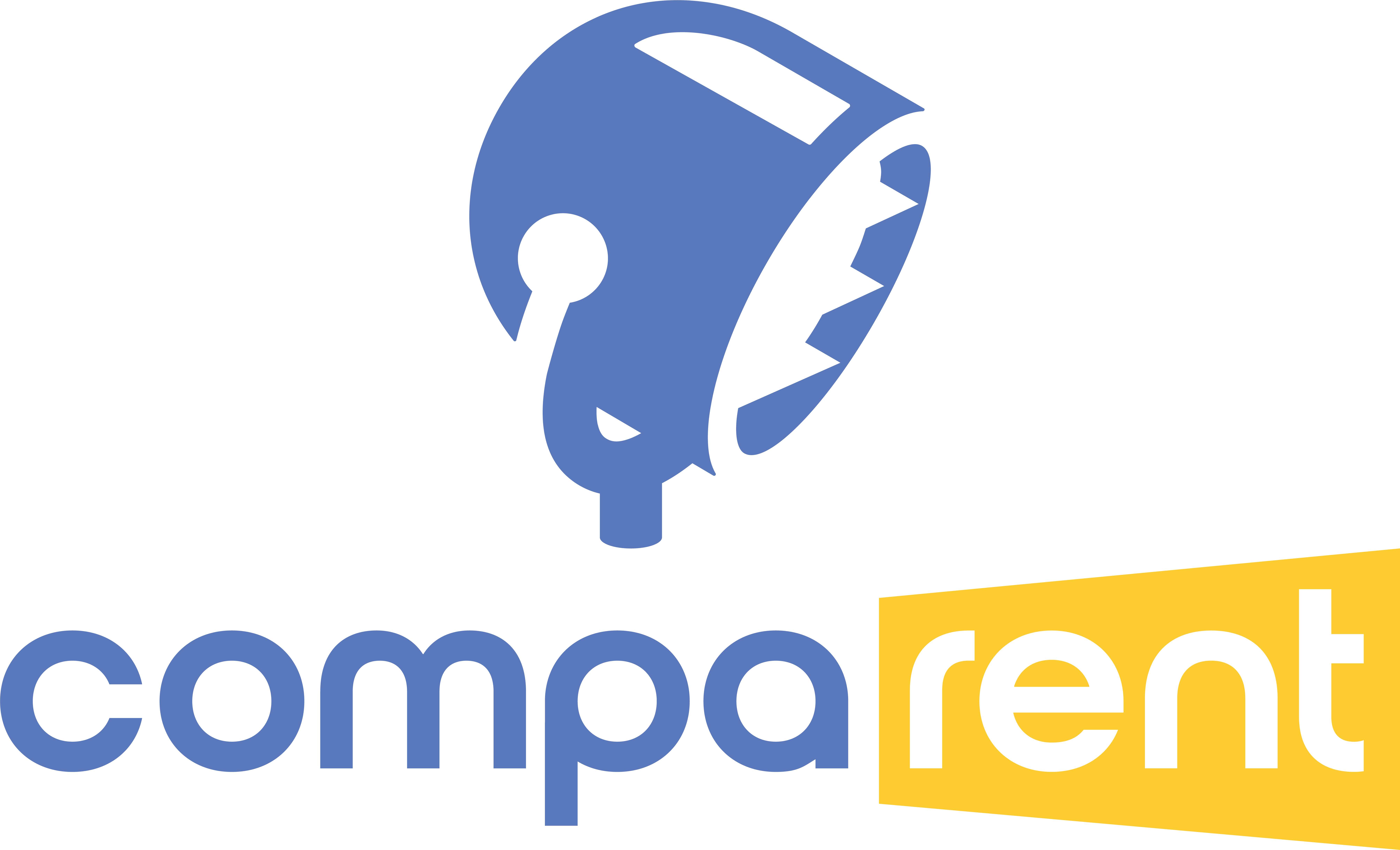
Choosing between Airbnb and VRBO for your next vacation rental can significantly impact your travel experience. These two popular platforms offer unique features and cater to different types of travelers. While Airbnb provides a wider variety of accommodation options, including shared spaces and private rooms, VRBO exclusively lists entire properties for rent.
Both platforms have their strengths and weaknesses. Airbnb boasts a more extensive selection of listings and a user-friendly interface with robust search functionality. VRBO, on the other hand, focuses on whole-property rentals and offers more flexible cancellation policies in some cases.
Understanding the key differences between these platforms can help you make an informed decision for your next trip. You'll want to consider factors such as property types, pricing structures, and review systems when comparing Airbnb and VRBO.
Key Takeaways
Airbnb offers diverse accommodation types, while VRBO specializes in entire property rentals
Each platform has unique booking policies and user interfaces to consider
Your choice between Airbnb and VRBO depends on your specific travel needs and preferences
Business Model and Scope
Airbnb and VRBO operate distinct marketplace structures and cater to different target audiences. These differences shape their business models and overall scope in the short-term rental industry.
Marketplace Structure
Airbnb functions as an open marketplace, allowing hosts to list various types of accommodations. You can find entire properties, shared spaces, and even unique stays like treehouses or houseboats. The platform charges hosts a service fee, typically 3-5% of the booking subtotal.
For guests, Airbnb adds a service fee of 14-16% to the total cost. This fee structure allows Airbnb to generate revenue from both sides of the transaction.
VRBO, on the other hand, focuses exclusively on entire property rentals. The platform charges hosts either an annual subscription fee or a per-booking fee. Guest service fees on VRBO are generally lower, ranging from 6-12% of the total reservation cost.
Target Audience
Airbnb aims to attract a diverse range of travelers, from budget-conscious backpackers to luxury seekers. You'll find options suitable for solo travelers, couples, families, and groups. The platform's variety of accommodations caters to different preferences and budgets.
Airbnb's target market primarily consists of travelers seeking unique experiences and local interactions. Many guests choose Airbnb for its potential to provide a more authentic, immersive stay in their destination.
VRBO focuses on a more specific audience. The platform caters primarily to families and groups looking for entire homes. You'll find properties suitable for vacations, reunions, and extended stays. VRBO's emphasis on whole-property rentals appeals to those seeking privacy and space.
Property Listings
Airbnb and Vrbo differ significantly in their property offerings and listing volume. These differences impact the range of options available to travelers and the types of accommodations hosts can list on each platform.
Types of Accommodations Offered
Airbnb provides a diverse range of accommodation types. You can find entire homes, shared properties, hotels, and private rooms on the platform. This variety caters to different traveler preferences and budgets.
Vrbo, on the other hand, focuses exclusively on private residences. You'll typically find houses, cottages, and apartments for rent. This specialization means Vrbo is geared towards travelers seeking more spacious, private accommodations.
If you're looking for unique stays like treehouses, boats, or yurts, Airbnb is more likely to have these options. Vrbo's offerings are generally more traditional vacation rental properties.
Listing Volume
Airbnb boasts a larger number of listings compared to Vrbo. This is partly due to Airbnb's wider range of accommodation types. You'll find millions of listings across the globe on Airbnb, giving you more choices in most destinations.
Vrbo has fewer property listings than Airbnb. This is primarily because Vrbo only lists entire properties, not shared spaces or individual rooms. While this means fewer options overall, it can make your search easier if you're specifically looking for a whole house or apartment.
In popular vacation destinations, you may find similar numbers of listings on both platforms. However, in urban areas or less touristy locations, Airbnb typically offers more choices.
Booking and Cancellation Policies
Airbnb and VRBO have distinct approaches to booking and cancellation policies. These differences can significantly impact your travel plans and budget.
Cancellation Flexibility
Airbnb offers more flexible cancellation options compared to VRBO. You'll find various cancellation policies on Airbnb, ranging from flexible to strict. The flexible policy allows you to cancel up to 24 hours before check-in for a full refund.
VRBO generally has stricter cancellation terms. Their policies often favor hosts, providing less flexibility for guests. You might encounter more rigid deadlines for cancellations without full refunds.
When booking, carefully review the cancellation terms for each property. This step is crucial, especially for longer stays or trips planned far in advance.
Fee Structures
Both platforms charge service fees, but the amounts differ. Airbnb typically charges guests a service fee between 5% and 15% of the total reservation cost. In some cases, this fee can reach up to 16%.
VRBO's fee structure is generally lower. You can expect to pay a service fee between 6% and 15% of the subtotal, excluding taxes. This lower fee range can result in cost savings, especially for longer stays or more expensive properties.
Remember to factor in these fees when comparing prices between the two platforms. The total cost, including fees, should guide your decision-making process.
User Experience
The user experience on Airbnb and VRBO differs in several key areas. Their website interfaces and navigation styles cater to different user preferences. Customer support approaches also vary between the two platforms.
Website Interface and Navigation
Airbnb's website features a clean, modern design with a user-friendly interface. You'll find a prominent search bar on the homepage, allowing quick access to properties. The platform uses vibrant imagery and an intuitive layout to showcase listings.
VRBO's interface, while functional, has a more traditional feel. You'll encounter a straightforward design with a focus on property details. The search function is prominent, but the overall aesthetic is less sleek compared to Airbnb.
Both platforms offer map views, but Airbnb's is more interactive and visually appealing. You can easily filter results on both sites, though Airbnb provides more detailed filtering options.
Customer Support
Airbnb provides 24/7 customer support through various channels. You can reach them via phone, email, or live chat. The platform also offers a comprehensive help center with detailed articles and FAQs.
VRBO's customer support is available round the clock as well. You can contact them through phone or email. Their help center provides answers to common questions and issues.
Both platforms offer support for booking issues, cancellations, and emergencies during your stay. Airbnb's support tends to be more responsive and user-friendly, while VRBO's support is reliable but may have longer response times.

